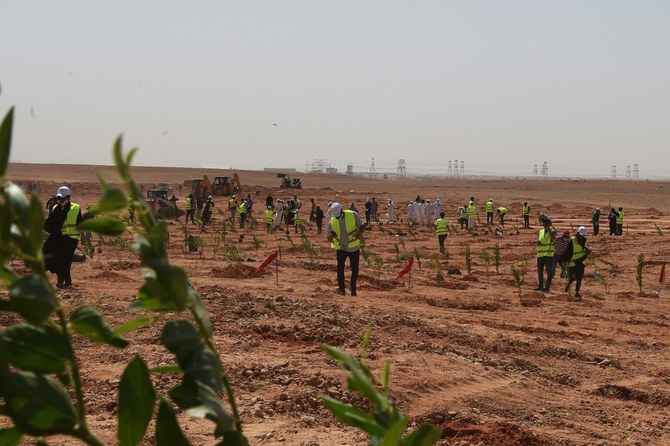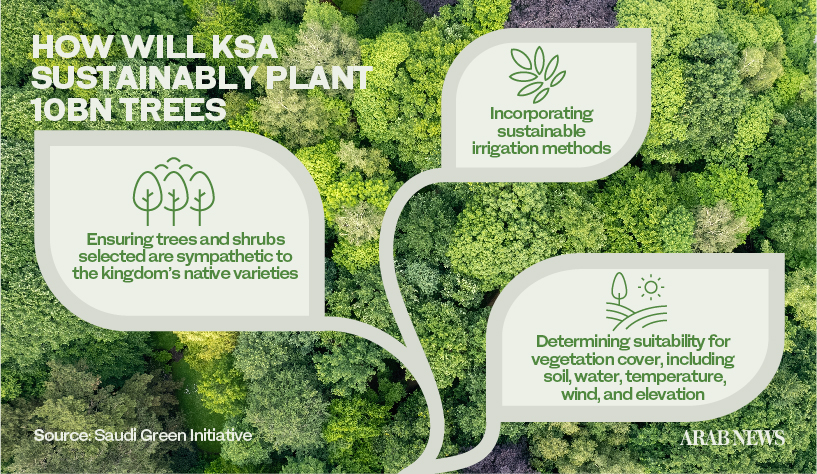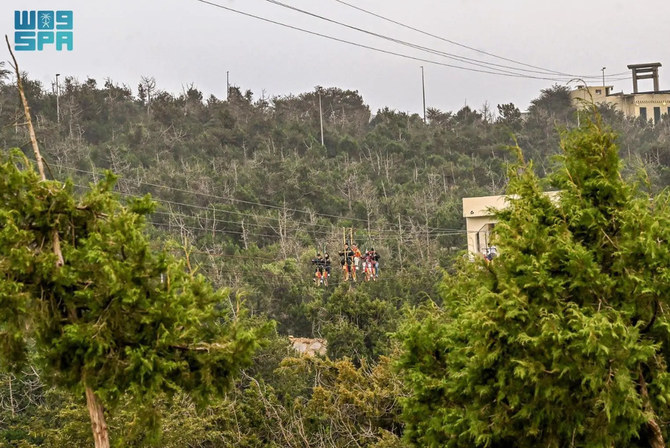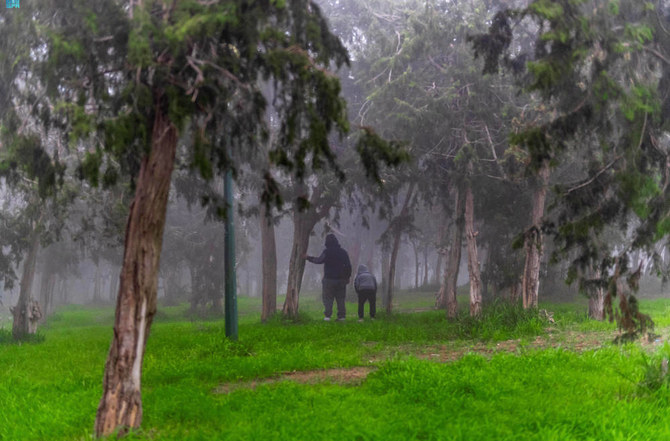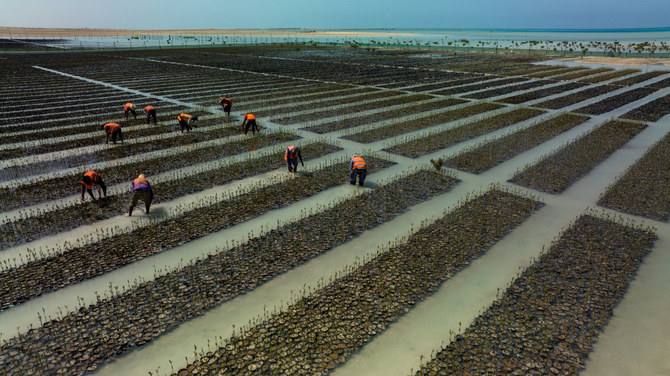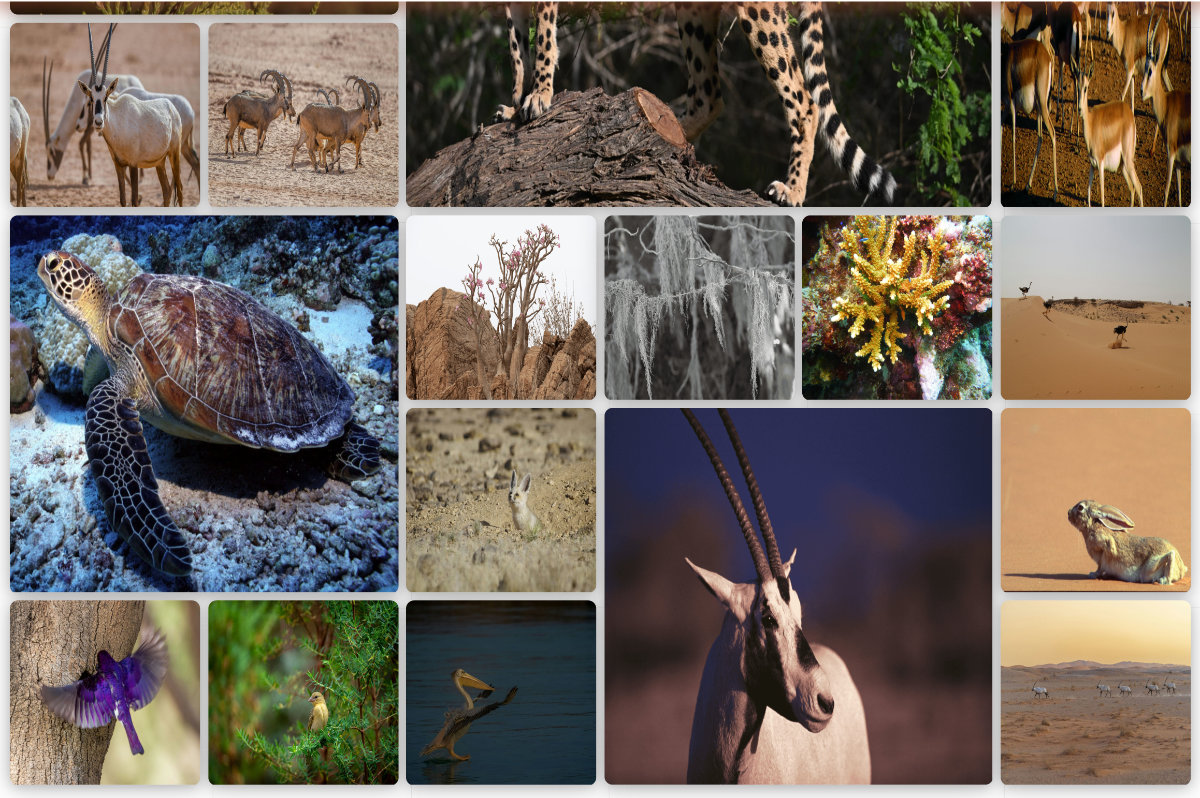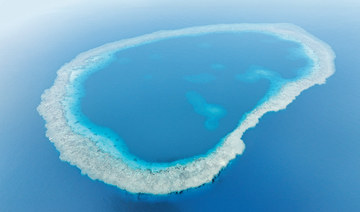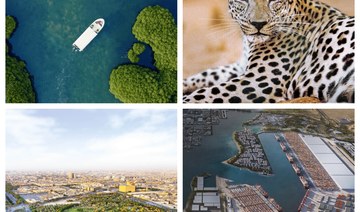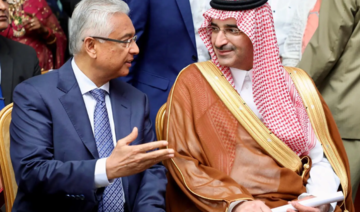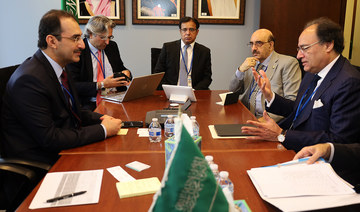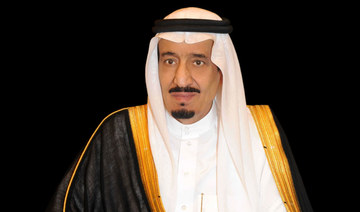The historic visit of Crown Prince Mohammed bin Salman to Spain will lend “a new dimension” to the growing Saudi-Spanish relations, said Alvaro Iranzo Gutierrez, Spanish ambassador to Saudi Arabia.
The crown prince on Wednesday started the two-day official visit to Madrid for talks tipped to turn a new page in Saudi-Spanish affairs.
Speaking to Arab News a day before the crown prince and his entourage landed in Spain, Ambassador Alvaro said: “The visit of Crown Prince Mohammed takes place at a key moment in our bilateral relationship, in which we are defining how Spain can accompany and assist Saudi Arabia in its impressive transformation process.
 “Saudi Arabia is already one of Spain’s most important partners in the Arab world on almost all fronts,” he added.
“Saudi Arabia is already one of Spain’s most important partners in the Arab world on almost all fronts,” he added.
He pointed out that “Crown Prince Mohammed will have meetings with Spanish King Felipe VI, who will host a state banquet in honor of the crown prince and his accompanying delegation.”
The crown prince will also hold talks with Spanish Prime Minister Mariano Rajoy and Minister of Defense Dolores de Cospedal, said the diplomat.
Asked about the subjects of talks during the meetings with top Spanish officials, the ambassador said “the two sides will discuss issues such as global peace and regional stability, the fight against terrorism and extremism, interfaith as well as global cultural dialogue.
“They will, of course, devote time to examine our bilateral relations in all areas and the best ways to intensify them for the benefit of our societies,” he noted.
He pointed out that the Kingdom and Spain, within the framework of their strategic partnership to be announced during the visit, seek to enhance dialogue and expand cooperation in a number of sectors of mutual interest, which are closely aligned with the basic objectives of Saudi Vision 2030. These sectors include energy, renewable energy, infrastructure, non-oil industries, transportation, tourism, culture and entertainment, science and technology, and defense.
“The launch of a strategic partnership will help to identify and promote investment opportunities in both countries,” the envoy said.
“A bilateral council chaired by Crown Prince Mohammed and the Spanish prime minister will meet regularly to provide the strategic partnership with impulse and direction,” he said, adding that the excellent political relationship has been “nurtured for many decades by our two royal families, and our governments,” who work hand in hand in many fields.
In reply to a question about the possible agreements to be endorsed by the two countries, he said: “A good number of bilateral agreements and MoUs will be signed in the fields of justice, culture, transportation, and science and technology, among others.”
However, he said that signing contracts is not the goal of this historic visit. “In any case, it is no secret that Spain and Saudi Arabia are active partners in the field of defense as well,” he noted.
“Spain has important industrial and technological defense capabilities… and we are committed to assisting Saudi Arabia in its need to provide its armed forces with the necessary means to defend its sovereignty and territorial integrity,” said the envoy.
On the commercial front, Alvaro said the Kingdom and Spain have forged closer ties. “Saudi Arabia is Spain’s largest commercial partner in the Middle East with a total value of trade exceeding €5.5 billion in 2017.
“But our ambitions go far beyond these figures,” said the diplomat, adding that a large number of Spanish companies have been awarded key projects in the Kingdom.
To this end, he noted several projects including the Riyadh Metro and the Haramain high-speed rail project connecting the holy cities of Makkah and Madinah, and some projects in the oil and gas sector.
Referring to the growing business and tourism traffic between the two countries, he said that more than 73,000 Saudi citizens visited Spain last year. “It gives me great pleasure to see the growing Saudi interest in Spanish culture, history, cuisine and, of course, sports,” he added. He said Spain could become a “solid partner of Saudi Arabia” in the tourism sector. “Moreover, many Spaniards will also be delighted to visit Saudi Arabia and enjoy its unique hospitality and wonderful historical sites.”
Alvaro also spoke about the Spanish position on key regional issues, saying that the “only an inclusive political solution that meets the aspirations and needs of all Syrians and leads to a genuine transition will end this conflict and restore unity and stability to Syria.”
On the Yemen crisis, he said that Spain sees Yemen and its militants as “a growing security threat for Saudi Arabia, with the increasing number of ballistic missiles launched on the urban areas of the Kingdom in the recent past.”
He called on all factions in Yemen to return to the negotiating table and engage constructively with UN Special Envoy Martin Griffiths with an aim to reach a political settlement. As for Iran, he reiterated the Spanish position, saying that Tehran should play “constructive roles” in the region to ensure peace and security. The envoy also lent his country’s support for the Middle East peace process and for the two-state solution of the Israeli-Palestinian conflict.











